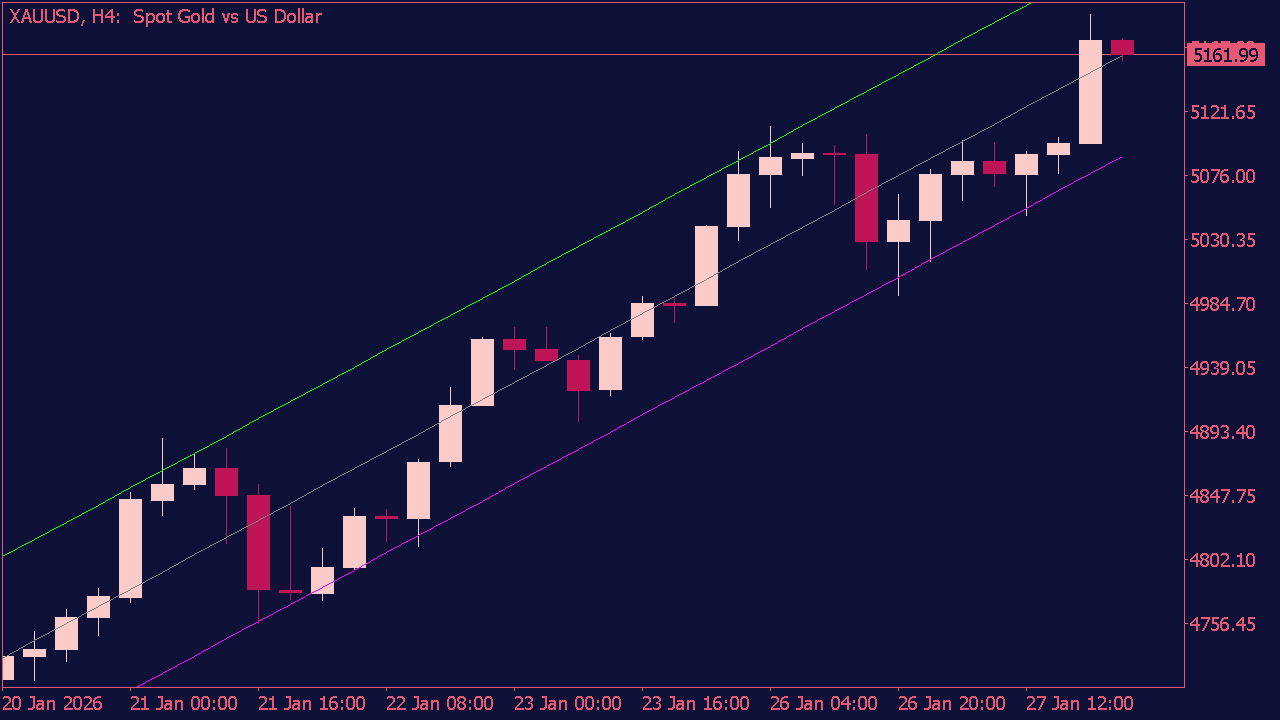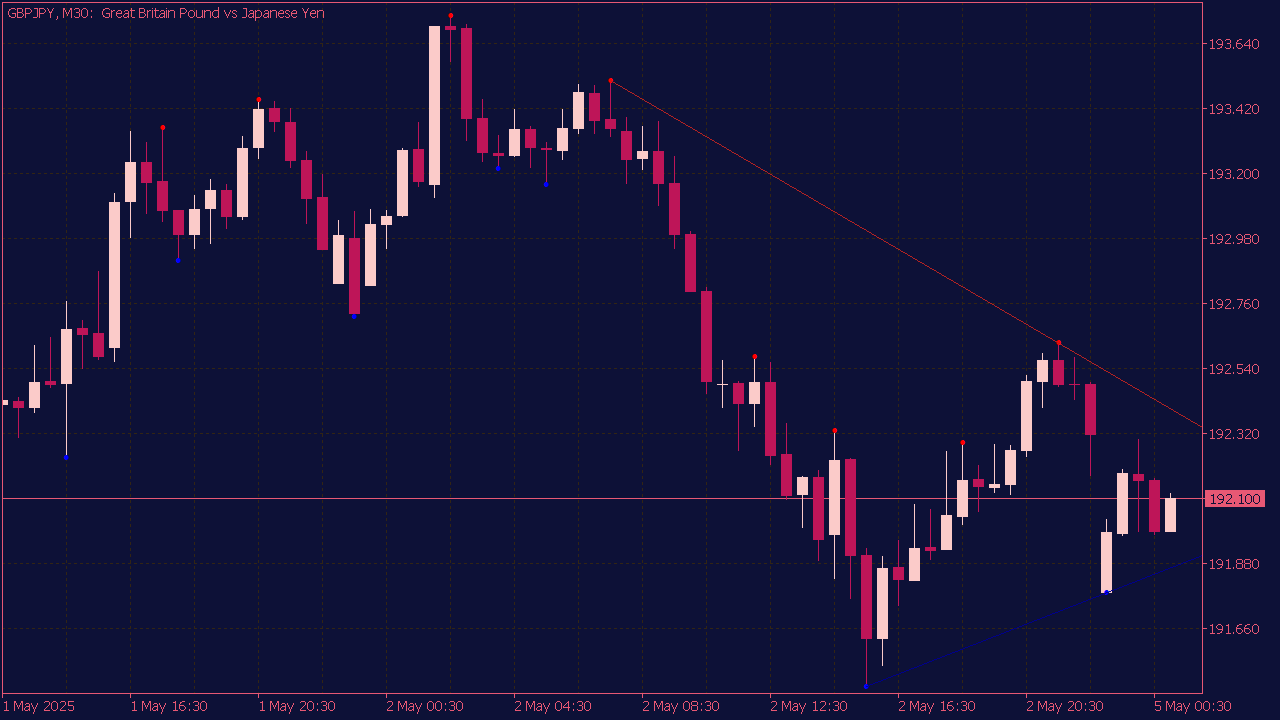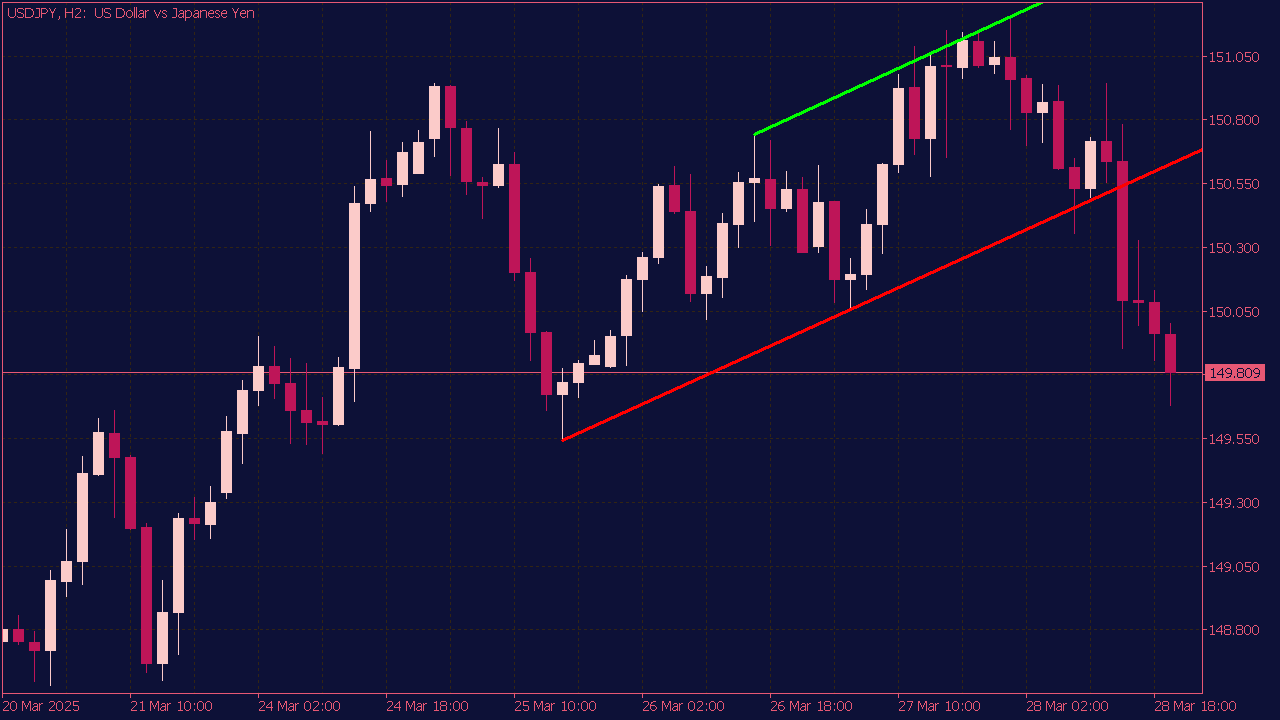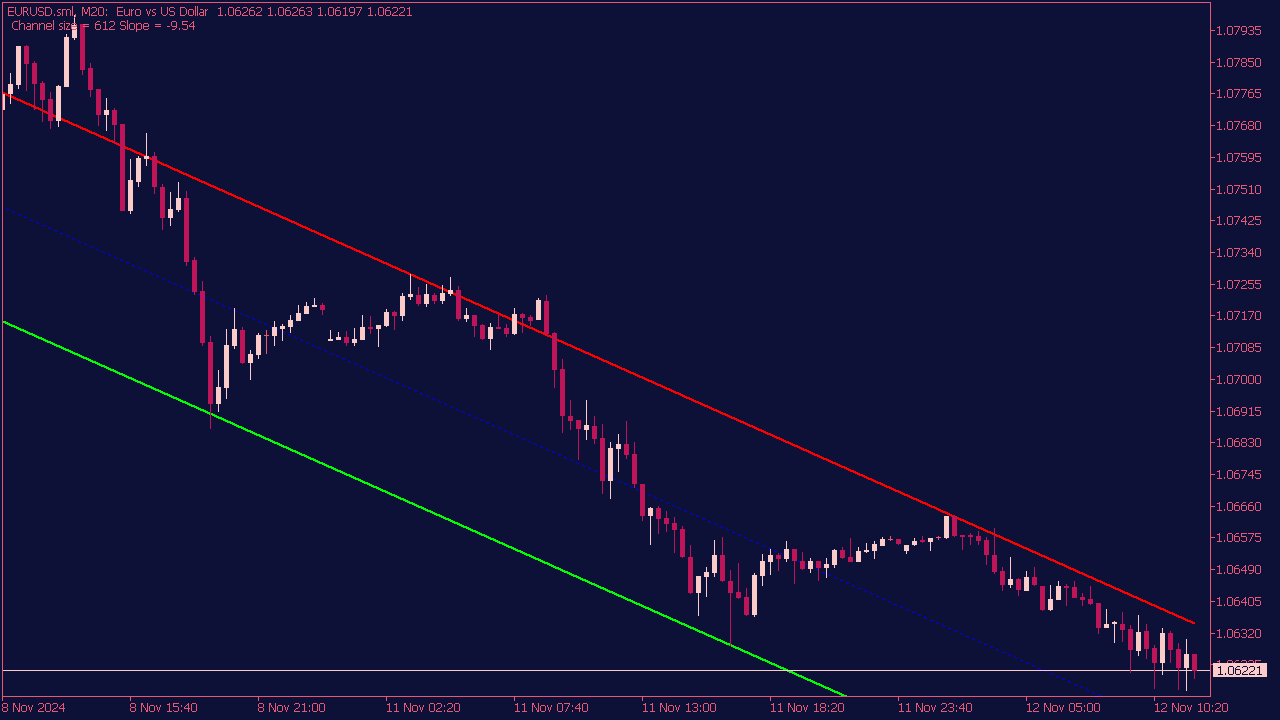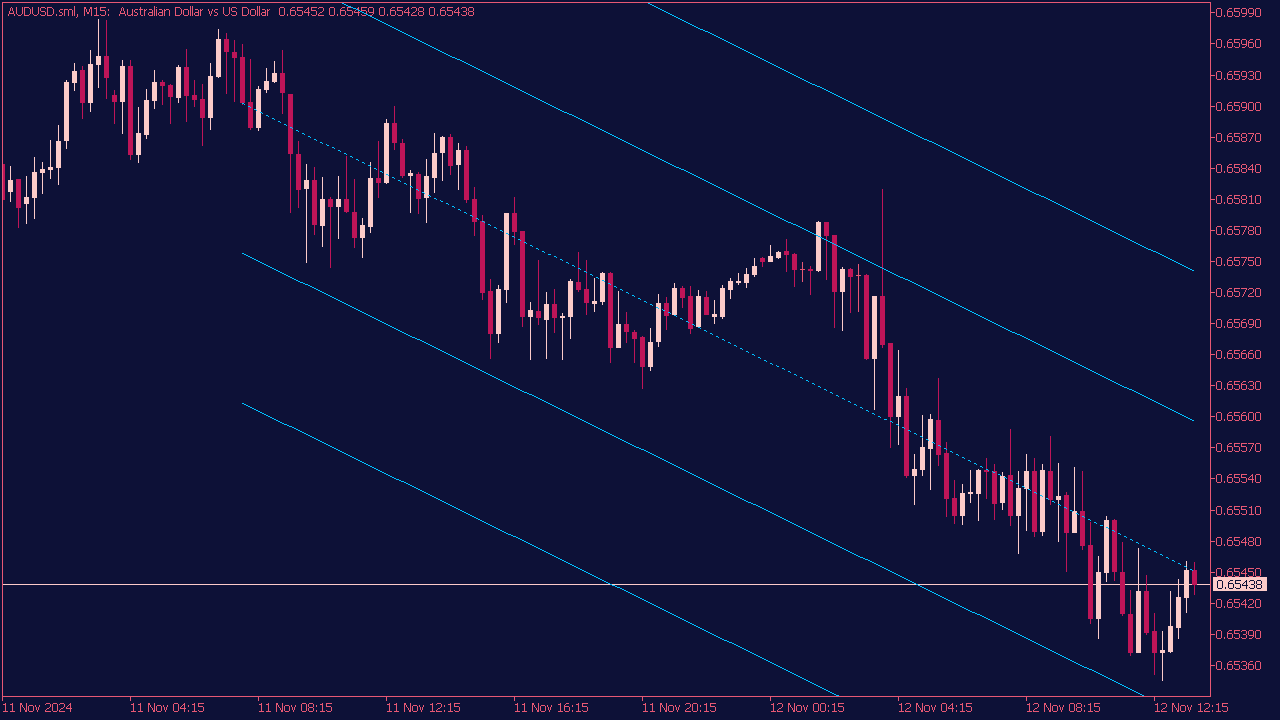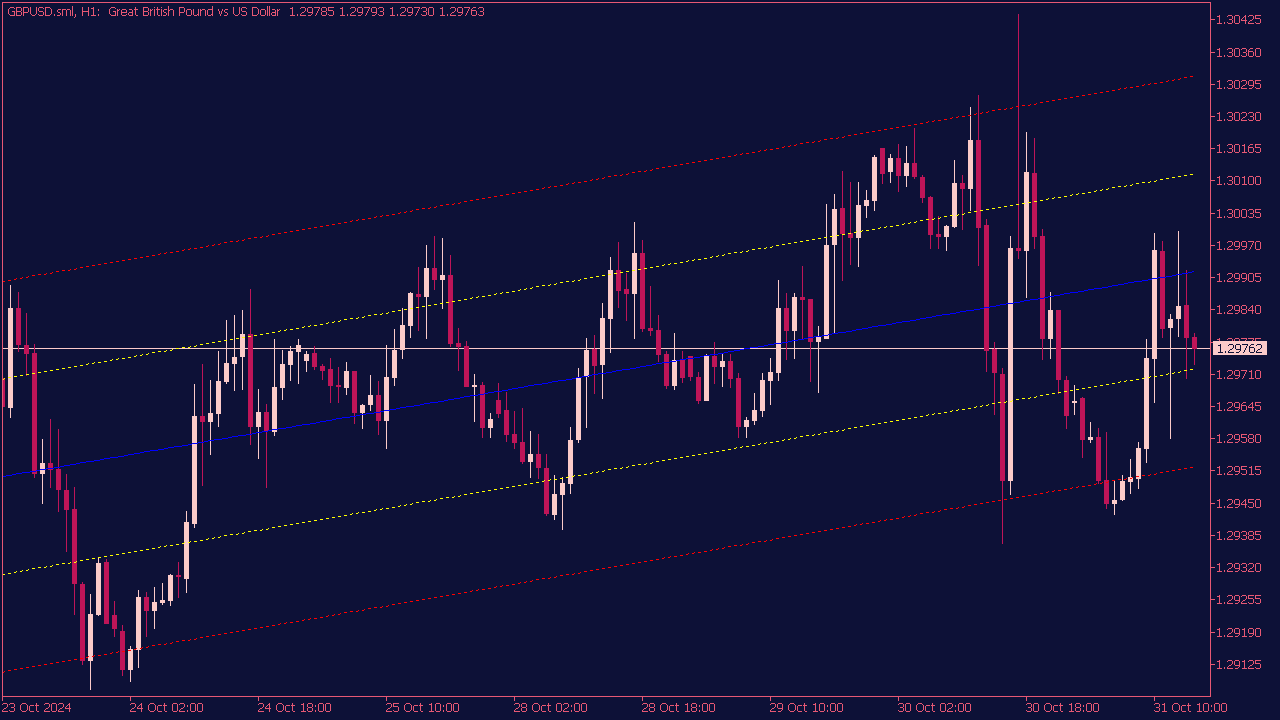Auto Trendline Indicator
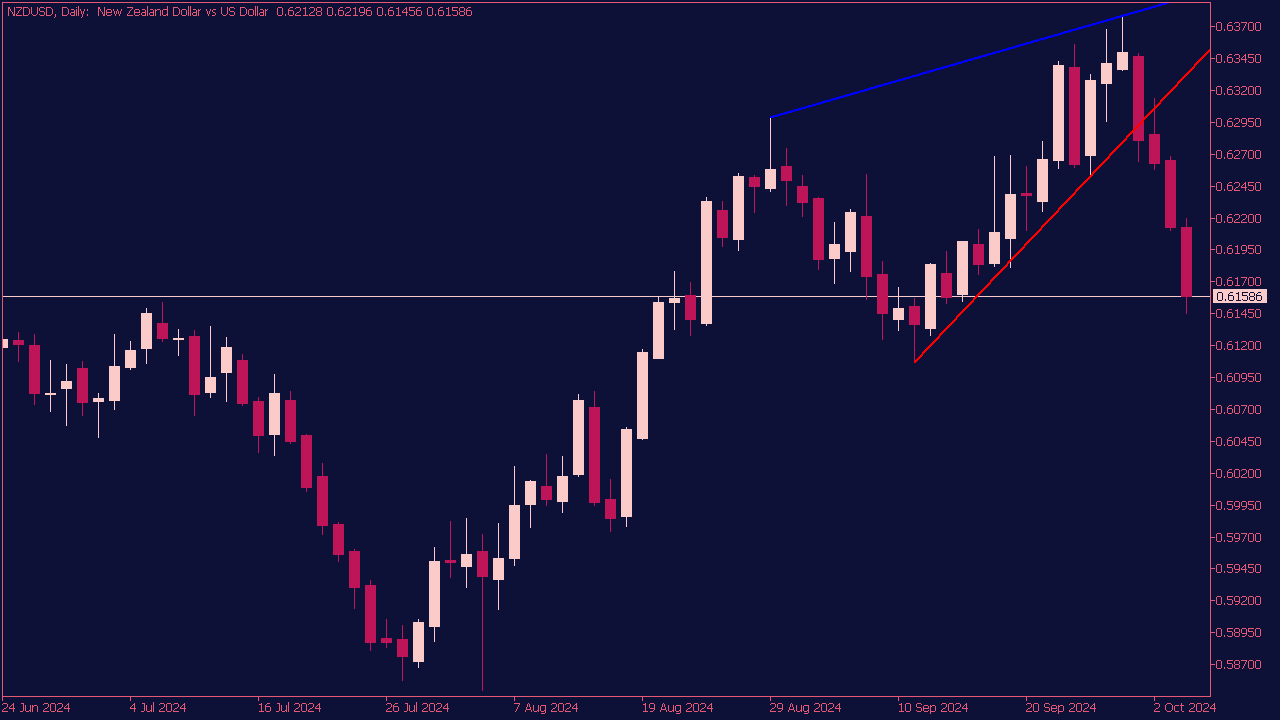
The Auto Trendline Indicator identifies key support and resistance levels by automatically drawing trendlines on a price chart based on price action. Entry points can be determined when the price interacts with these trendlines. A bullish entry might be signaled when the price bounces off a support trendline, indicating a potential upward movement. Conversely, a bearish entry could be suggested when the price tests a resistance trendline and shows signs of reversal. Additionally, confirming signals from other indicators (like RSI or MACD) can enhance the reliability of these entry points.
